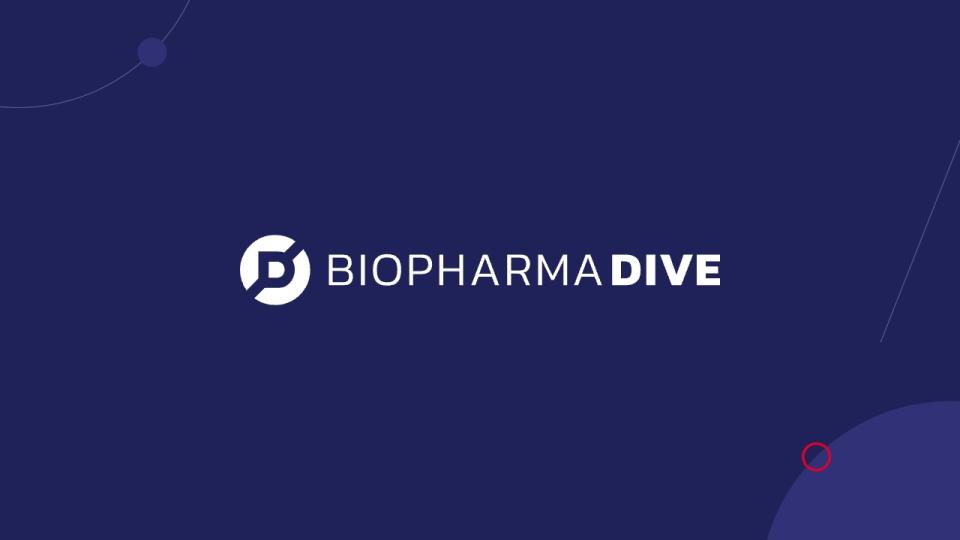BrainStorm, after setbacks, withdraws approval application for ALS drug

BrainStorm Cell Therapeutics plans to withdraw an approval application for its experimental treatment for ALS, a decision that follows significant pushback from the Food and Drug Administration.
BrainStorm said Wednesday the FDA invited the New York-based biotechnology company to “request an expedited face-to-face meeting” to discuss potential next steps for its treatment, known as NurOwn. The company believes the path forward will include a Phase 3b clinical trial, so it’s “actively exploring” the development of a protocol for an additional study.
The announcement comes less than a month after the FDA convened an outside group of advisers to evaluate NurOwn, which is made from a patient’s own stem cells and designed to help protect and grow neurons. BrainStorm submitted an approval application even though NurOwn had failed to meet any of the central goals of a late-stage trial meant to support its use in treating ALS, or amyotrophic lateral sclerosis.
Notably, the FDA had initially declined to review BrainStorm’s application. But the company used a rare tactic in drug regulations — a “file over protest” — to force an evaluation. The agency subsequently said it would have an approval verdict by Dec. 8.
At the Sept. 27 meeting, FDA staff expressed concern not only with the safety and effectiveness of NurOwn, but also BrainStorm’s data analysis and conclusions. “The totality of data submitted ... does not demonstrate substantial evidence of effectiveness,” Gumei Liu, the agency’s clinical reviewer, said during a presentation.
The group of advisers agreed, voting 17-1 that there hadn’t been enough evidence to demonstrate NurOwn is effective in treating mild to moderate ALS. The FDA isn’t required to follow the recommendations of these expert panels, but it usually does.
“While we were disappointed with the outcome, and we disagreed with the panel’s conclusion, it is important for us to anticipate how it’s likely to influence the FDA’s decision to approve NurOwn,” said Chaim Lebovits, BrainStorm’s CEO, on a call with investors Wednesday morning.
BrainStorm is now trying to take “the most efficient path” to get its therapy approved, Lebovits added. “We remain confident in the data supporting the value of NurOwn for ALS patients and are committed to finding a path forward.”
Roughly 30,000 people in the U.S. have ALS, a progressive disease that causes the decay and death of nerve cells. ALS patients lose the ability to perform essential tasks like talking, eating and breathing, and typically live just two to five years after diagnosis.
A small handful of medicines are approved to treat ALS. Given the disease is fatal and often fast-progressing, patients and advocates have pressured the FDA to adopt more flexible policies that would allow easier and quicker access to treatments.
Over the last year or so, the agency has cleared for market two more ALS drugs. One, Relyvrio, was developed by Massachusetts-based Amylyx Pharmaceuticals. It was approved for the broader ALS population, based on data from a study of about 140 patients that found it offered modest, but significant benefits on function and survival. The other, Qalsody, is for a small segment of the ALS population whose disease is caused by mutations in a gene called SOD1.
The data backing both Relyvrio and Qalsody were mixed, with the latter drug having failed the main objective of the key trial that supported its approval. At the September advisory committee meeting, BrainStorm highlighted these approvals and the regulatory flexibility exercised by the FDA.
BrainStorm’s share price dropped 5% Wednesday, trading at 17 cents.
This story was originally published on BioPharma Dive. To receive daily news and insights, subscribe to our free daily BioPharma Dive newsletter.
